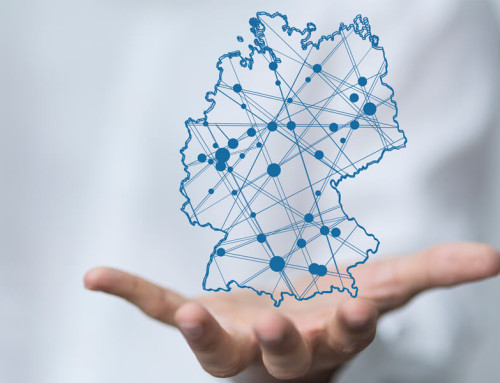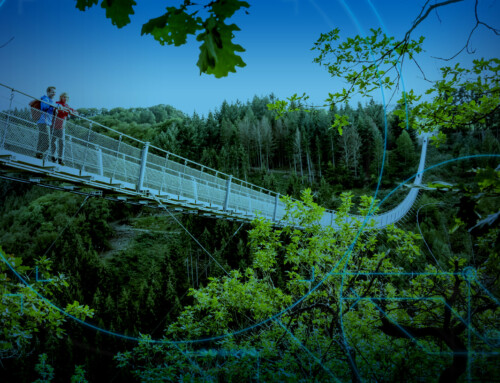At Thüringer Tourismus GmbH (TTG), the topic of data has been all about ThüCAT, the Thuringian Content Architecture Tourism, since 2018. All tourism content is to be bundled centrally in one place with this database. The declared goal is for all this content to be available as open data.
Selection of Contents
For Detlef Klinge, Head of the Competence Center Tourism 4.0 of Thüringer Tourismus GmbH, it is clear: “An essential question already lies within the content audit: Which content is really needed?”
Not all texts, photos and videos that have been produced or purchased by local players in recent decades are actually still useful. The ThüCAT is a good occasion for an inventory. What message do I actually intend with my content? Concentrating the content in the ThüCAT on relevant content means that it fits the defined target groups and their travel motives. “You don’t necessarily need 500 photos of a place. 20 really relevant ones can be quite sufficient here,” says Detlef Klinge.
In some cases, suitable content already exists at regional or local level, but without the necessary rights for open data. In this case, Thüringer Tourismus GmbH recommends that its stakeholders purchase these rights (i.e. the CC0, CC-BY or CC-BY-SA licenses) from the content producers or, alternatively, produce the content from scratch.
Open data thus means not only “everything for everyone”, but also “limitation to the essentials”.
Individual Data
ThüCAT pursues the goal of bundling all tourism content in a central database. This includes inspiring images, videos, information, products, events, descriptive texts, articles, opening times, contacts, guided tours, prices, geodata, barrier-free data on accommodation, sights and excursion destinations, cycling and hiking trail data, data from accommodation providers, etc.
Nevertheless, it is clear that the same data need not be relevant for all regions. Data on visitor flows, for example, are currently not relevant for Thuringia, as no active visitor management is required in this federal state. At the same time, some of the data currently collected could possibly be used to develop new products and services in the future: prices, for example, are labeled with a validity indication in ThüCAT via the Schema.org markup. “Currently, we’re not doing anything with this data yet,” says Detlef Klinge, “But it’s definitely worth checking back here later.” That, too, is Open Data: always looking anew at which data is available and what it can be used for.
Quality Assurance
Each user of ThüCAT is responsible for ensuring that his or her data is up-to-date. It should be in one’s own interest to keep one’s own data as up-to-date as possible, as with each adjustment these are synched on all corresponding channels.
Thüringer Tourismus GmbH uses various mechanisms to help ensure the quality of the data in ThüCAT:
Distribution of Tasks
A clear distribution of tasks is also necessary when it comes to open data. In Thuringia this looks as follows:
The overview shows what Detlef Klinge is also convinced of: “Open Data is only possible with the participation of all players.” For this to work, clear guidelines, support and extensive communication measures are necessary.
Contact Thüringer Tourismus GmbH:













